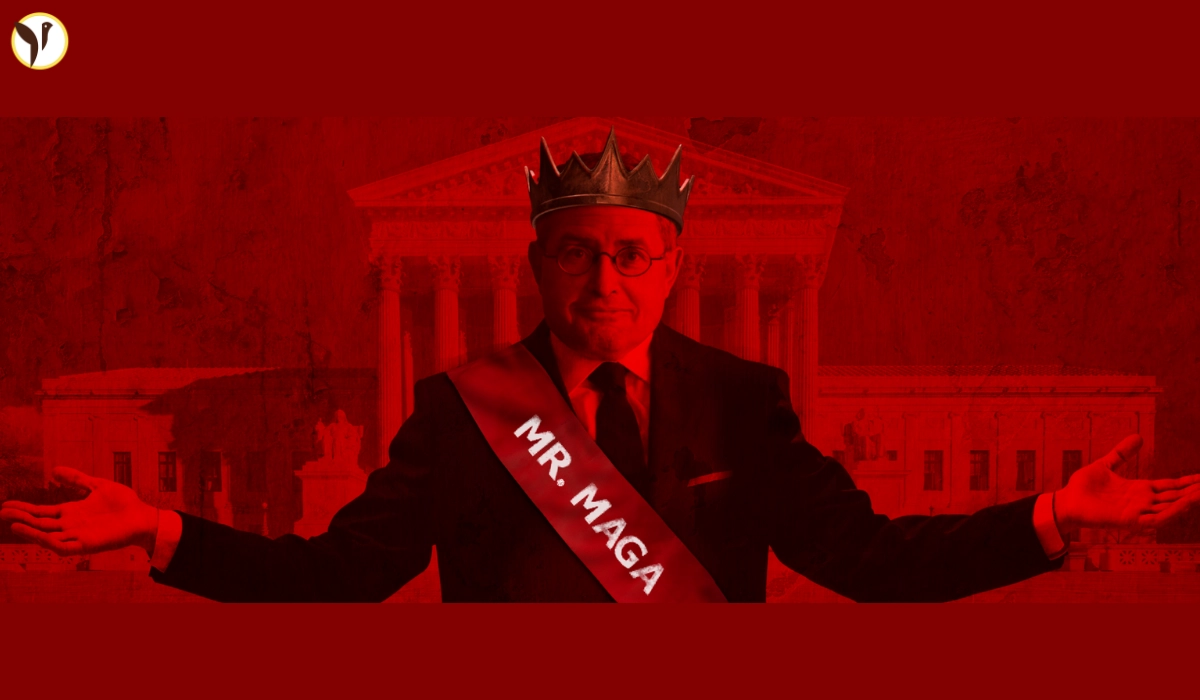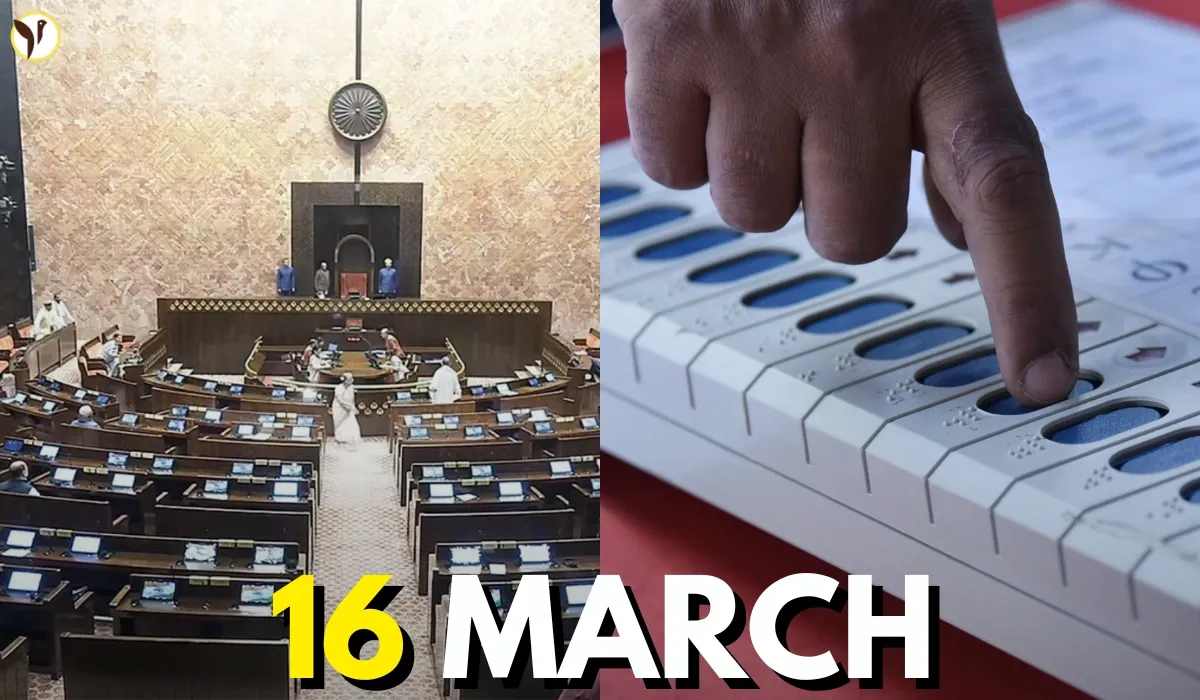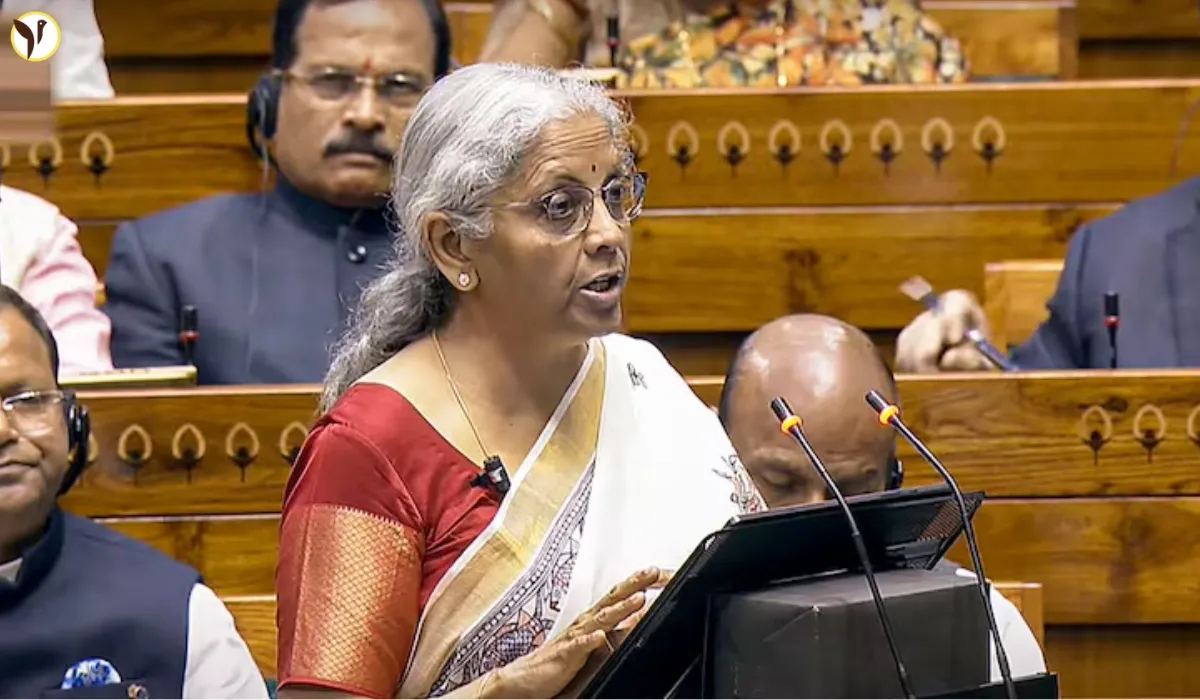Trump Hits Back After Court Rules Tariffs Were Unlawful
Former President Donald Trump is once again in the middle of a legal and political storm — and this time, it’s about tariffs. A federal court recently ruled that Trump had gone beyond his legal powers when he put broad tariffs on countries like China, Canada, and Mexico. The court said he misused the International Emergency Economic Powers Act (IEEPA) to do it. And let’s just say, Trump did not take the news quietly.
He went straight to Truth Social, calling the ruling “wrong” and “political.” He also wants the Supreme Court to step in quickly and reverse the decision.
Trump’s Not Happy — And He’s Not Holding Back
In typical Trump fashion, he didn’t just criticize the court — he went after the judges too. What’s surprising is that one of the judges involved, Timothy Reif, was actually appointed by Trump himself. Still, Trump questioned their intentions, suggesting that the ruling was more about targeting him than about the law.
He argued that this kind of decision makes it harder for a president to protect America’s economy, especially when quick decisions are needed. From his point of view, being forced to go through Congress for everything would slow down the kind of strong trade moves he believes helped the country.
ALSO READ: Trump Imposes 130% Tariff on China: Impact & Reasons Explained
Leonard Leo and the Federalist Society in the Crosshairs
One of the more unexpected things about Trump’s reaction was his attack on Leonard Leo and the Federalist Society — a group that has long supported conservative judges and was a major player in shaping the federal courts during Trump’s presidency.
Trump called Leo a "sleazebag" and claimed he gave him bad advice on picking judges. That’s a sharp turn from the praise Leo used to get from Trump’s circle. It also shows how frustrated Trump is getting with judges — even conservative ones — not always siding with him.
Appeal in Motion — Could Reach the Supreme Court
Right now, the Court of International Trade’s ruling is on hold. A federal appeals court paused the decision, which means the tariffs stay in place for now while both sides prepare their next legal steps. The case is moving fast, and briefs are being filed. If things don’t go Trump’s way in the appeals court, he’s said he’ll take it all the way to the Supreme Court.
Clearly, Trump isn’t backing down. For him, this isn’t just about tariffs — it’s about presidential power and whether future presidents will be able to act quickly in the same way he did.
Bigger Questions About Presidential Power
This whole case raises a much bigger issue: how much power should a president have when it comes to trade and economic threats? Trump says limiting that power would weaken the country. But critics argue that too much power in one person’s hands can be dangerous.
Legal experts say this case could set a new standard for how far presidents can go under laws like the IEEPA. So it’s not just about Trump — it’s about what future presidents will be able to do as well.









